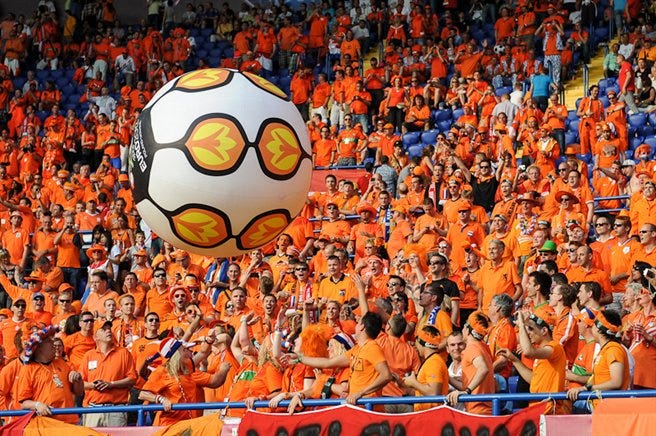Football, known as soccer in some parts of the world, is more than just a sport; it is a powerful cultural phenomenon that transcends borders and unites people from different backgrounds. Its influence on culture and society can be observed across continents, shaping identities, fostering community, and impacting economies. This article explores the global influence of football and how it serves as a catalyst for social change and cultural exchange.
The Universal Language of Football
One of the most remarkable aspects of football is its ability to communicate across cultures. The simplicity of the game—requiring only a ball and an open space—makes it accessible to people of all ages and backgrounds. Whether played in a bustling urban environment or a remote village, football serves as a universal language that connects individuals and communities.
Football as a Tool for Social Integration
In many regions, football plays a crucial role in promoting social integration and inclusivity. For instance, in post-apartheid South Africa, the national team, known as Bafana Bafana, became a symbol of unity, bringing together people of various ethnic backgrounds. Football clubs often engage in community outreach programs, using the sport as a means to bridge social divides and promote tolerance among diverse groups.
Cultural Identity and National Pride
Football is deeply intertwined with national identity and pride. Major tournaments, such as the FIFA World Cup and continental championships, offer countries an opportunity to showcase their culture and heritage on a global stage. The passion and fervor surrounding these events unite fans, creating a sense of belonging and collective identity.
Regional Rivalries and Cultural Significance
Football rivalries often reflect historical, political, and cultural tensions. In countries like Argentina and Brazil, matches between local clubs or national teams evoke intense emotions and highlight regional pride. These rivalries are not just about winning or losing; they embody cultural narratives and societal issues that resonate deeply within communities.
The Economic Impact of Football
Beyond cultural influence, football has a significant economic impact on societies worldwide. Major leagues and tournaments generate billions in revenue, creating jobs and stimulating local economies. Cities hosting international matches experience an influx of tourists, boosting businesses and infrastructure.
Sponsorship and Global Brands
The commercial aspect of football has given rise to global brands and sponsorships. Major clubs, such as Manchester United and Real Madrid, have become marketing powerhouses, attracting sponsorship deals from multinational corporations. This financial aspect allows clubs to invest in local communities, supporting youth programs and grassroots initiatives.
Football and Social Change
Football has the potential to drive social change and raise awareness about important issues. Many players and clubs use their platforms to advocate for social justice, equality, and environmental sustainability. The “Taking a Knee” movement, initiated by players in response to racial injustice, highlights how football can be a powerful tool for activism and social commentary.
Community Programs and Philanthropy
Numerous football organizations engage in charitable initiatives, supporting various causes, from education to health care. Programs that target at-risk youth provide opportunities through football, offering mentorship and life skills. For example, organizations like streetfootballworld use football to empower young people, promoting social development and inclusion.
The Role of Football in Globalization
As a global sport, football facilitates cultural exchange and globalization. International competitions bring together diverse cultures, fostering understanding and appreciation for different traditions. Football also influences music, fashion, and art, with styles and trends emerging from the sport’s vibrant culture.
Cross-Cultural Collaborations
Football clubs often participate in international tours and friendly matches, promoting cultural exchange among nations. These collaborations can enhance diplomatic relations and foster goodwill between countries. Initiatives such as the UEFA Champions League showcase talents from various regions, celebrating the beauty of diversity within the sport.
The global influence of football on culture and society is undeniable. As a universal language, it transcends barriers, promotes social integration, and fosters cultural identity. Beyond its cultural significance, football also drives economic growth and serves as a platform for social change. By uniting communities and inspiring individuals, football continues to shape our world in profound ways. As the sport evolves, its impact on society will undoubtedly expand, reinforcing its position as a powerful catalyst for positive change across continents.
